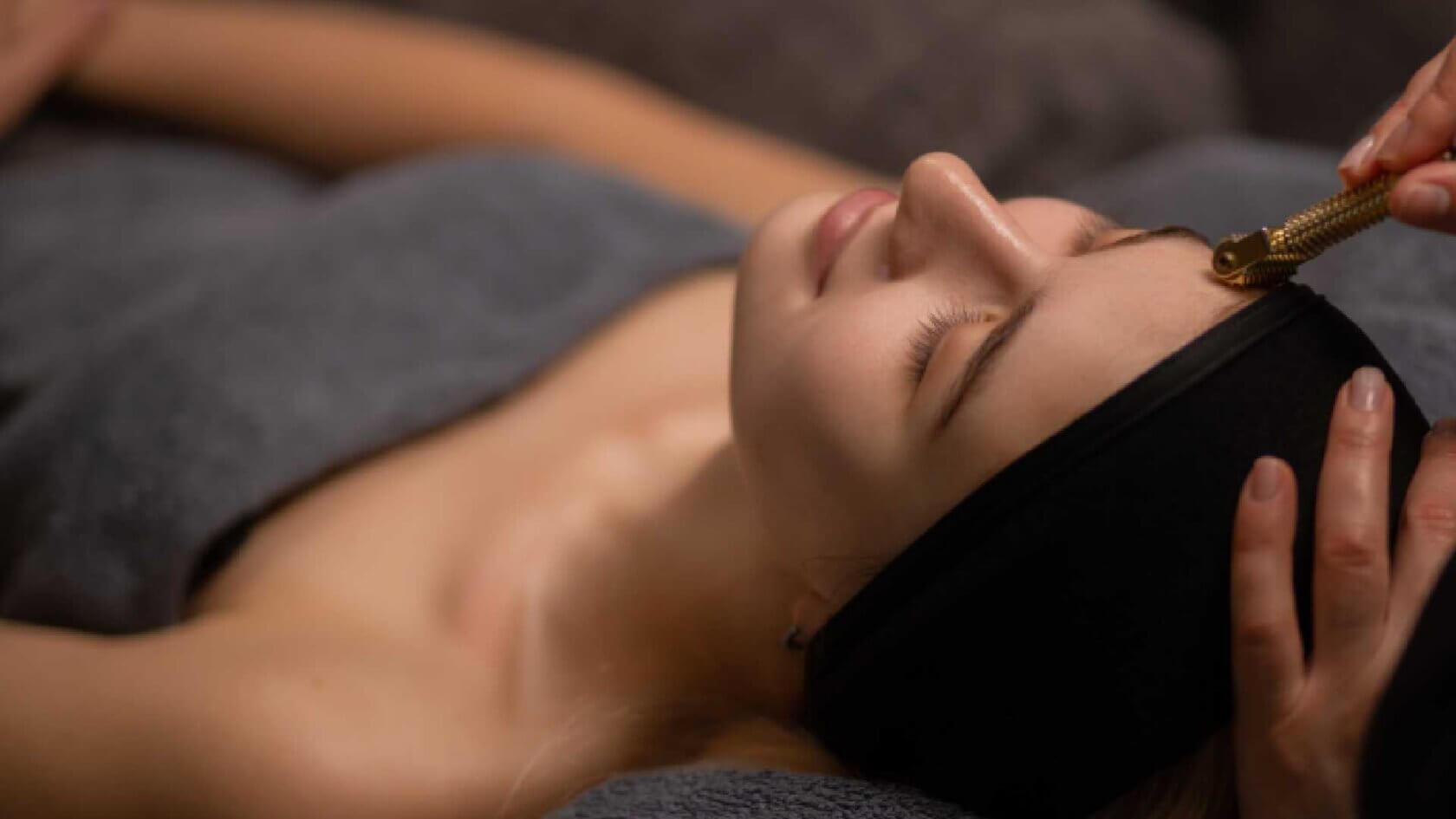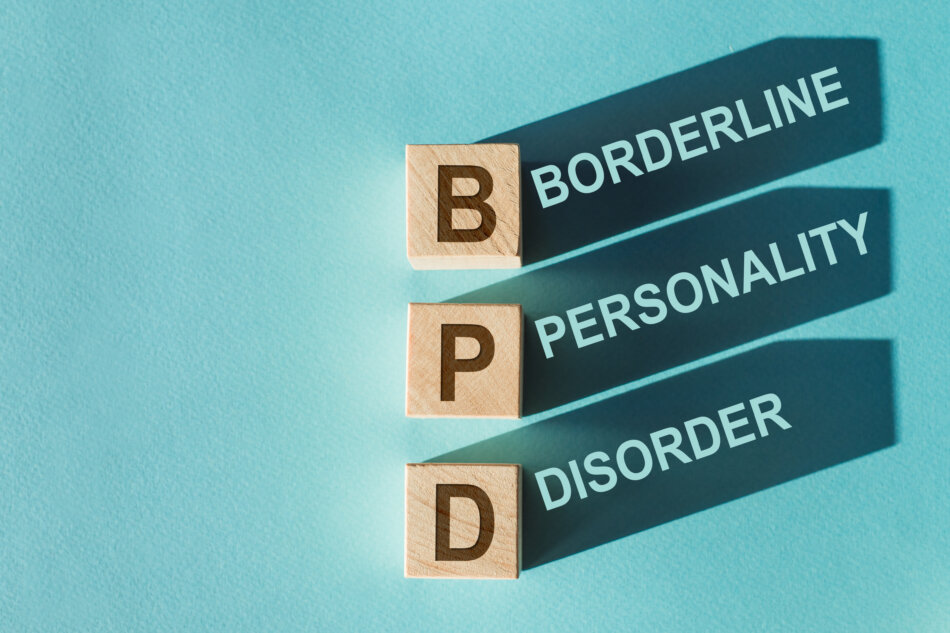Explore holistic therapy
Holistic therapy for adults offers you a comprehensive approach to mental and emotional well-being by addressing mind, body, and spirit in unison. Rather than focusing solely on symptoms, this integrative mental health model blends evidence-based practices with complementary modalities to support sustained healing. As you seek deeper emotional recovery, these programs can help you develop practical self-regulation tools while fostering resilience against stress and burnout.
By integrating traditional psychotherapy with nontraditional techniques—such as mindfulness, yoga, art therapy, and nature-based experiences—holistic therapy invites you to engage your whole self in the healing process. This aligns with the principle that lasting change arises when you address root causes rather than applying surface-level solutions.
Understand mind-body integration
Holistic therapy science
Modern research underscores the physiological links between mental health and physical systems. Chronic stress elevates cortisol, which can lead to fatigue, digestive issues, insomnia, and an increased risk of chronic illness if left unmanaged [1]. Daily mindfulness practices—such as meditation, yoga, and deep breathing—activate your parasympathetic nervous system, reduce inflammation, and boost immune health, helping you navigate stress more effectively.
Whole-person treatment
Holistic therapy for adults emphasizes a whole-person perspective. You’ll explore how emotional, cognitive, physical, and spiritual dimensions interact, unlocking deeper insights into persistent patterns.
Beyond symptom relief
- Treats underlying triggers of anxiety, depression, and trauma
- Combines modalities to reduce reliance on medication alone
Addressing root causes
- Incorporates lifestyle factors like sleep, nutrition, and exercise
- Acknowledges social determinants of health, such as work stress or discrimination, as part of your treatment plan [2]
Discover holistic modalities
By sampling diverse therapies, you can tailor your healing journey. Below are key integrative modalities often included in holistic and experiential programs.
Mindfulness and meditation
Mindfulness-based approaches cultivate present-moment awareness and emotional regulation. A structured meditation practice over eight weeks has been shown to significantly improve symptoms of anxiety and depression in adults [3]. Many programs package these techniques within a mindfulness and meditation therapy program, teaching you to:
- Observe thoughts and feelings without judgment
- Use guided imagery to reduce stress
- Integrate mindful movement, such as walking meditation
Movement and somatic therapies
Physical practices can unlock stored tension and trauma held in your body. Common offerings include:
- Yoga therapy: Combines breathwork with postures to release emotional blocks [4]
- Tai chi and qigong: Gentle martial arts that promote balance and energy flow
- Somatic experiencing: Body-oriented psychotherapy that tracks bodily sensations to resolve trauma
Creative arts therapies
Art and music can bypass cognitive defenses, allowing you to express and process complex emotions. A structured session in art and music therapy for adults might involve:
- Visual art exercises that externalize inner states
- Guided songwriting or improvisation to explore mood shifts
- Dance or movement-based expression to reconnect with your body
These therapies foster self-awareness and can complement traditional talk therapy.
Nature-based practices
Ecotherapy draws on nature’s restorative power. Activities may include:
- Equine-assisted therapy: Working with horses to develop trust, boundaries, and emotional insight [5]
- Forest bathing: Immersing yourself in green spaces to lower heart rate and blood pressure
- Gardening or horticulture therapy: Cultivating plants as a metaphor for personal growth
Such interventions help you feel grounded, reduce rumination, and strengthen your connection to the wider world.
Tailor integrative programs
Insurance acceptance
Many holistic mental health centers now accept insurance, making comprehensive care more accessible. When you search for a program, look for holistic mental health treatment that accepts insurance or integrative therapy program that accepts insurance. Confirm with your provider:
- Which complementary services are covered
- Any co-pay or deductible requirements
- Referral or pre-authorization processes
Personalized treatment plans
Your unique history, preferences, and co-occurring conditions inform a customized plan. Licensed holistic practitioners may include clinical social workers, registered yoga therapists, or certified art therapists. A robust program often involves:
- Initial assessment of emotional, physical, and spiritual needs
- A blended schedule of individual and group sessions
- Regular review meetings to adjust modalities
Personalization ensures that each component supports your evolving goals.
Manage stress naturally
Sleep hygiene and rest
Proper rest is foundational. Good sleep habits include:
- Avoiding blue light at least two hours before bedtime
- Establishing consistent wind-down routines
- Creating a comfortable, screen-free sleep environment
Quality sleep restores your body and improves emotional resilience [1].
Nutrition and supplements
Diet shapes your mental health. Holistic practitioners may recommend:
- Balanced meals rich in fiber, lean protein, and fermented foods [2]
- Daily vitamins such as B6, omega-3 fatty acids (EPA/DHA at 1,000–3,000 mg), vitamin D3, and probiotics [3]
- Caution with botanical remedies, for instance St. John’s Wort, which can interact with other medications
Breathwork and relaxation
Intentional breathing techniques help you downregulate the nervous system. Practices include:
- Box breathing or diaphragmatic breathing
- Progressive muscle relaxation
- Guided imagery with calm visualization
Breathwork sessions are often part of a stress reduction therapy for adults plan and can be used independently whenever you feel overwhelmed.
Evaluate healing outcomes
Tracking emotional recovery
Monitoring your progress keeps you motivated. Consider:
- Journaling mood, triggers, and coping strategies
- Using validated self-assessment tools for anxiety, depression, and stress
- Regular therapist check-ins to review shifts in patterns
Data-driven insight helps you and your care team refine treatment.
Setting long-term goals
As you heal, set SMART goals (Specific, Measurable, Achievable, Relevant, Time-bound) for:
- Maintaining daily mindfulness
- Participating in support groups or community classes
- Integrating holistic strategies into work and relationships
Long-term planning ensures the skills you gain become lifelong resources.
Choose holistic treatment
Finding licensed practitioners
Quality matters. Seek therapists with:
- Credentials relevant to their modality (for example registered yoga teacher with 300+ hours of training, licensed clinical social worker)
- Experience integrating complementary approaches with psychotherapy [6]
- A collaborative philosophy that complements your existing medical care
Integrating with conventional care
Holistic therapy should augment, not replace, standard psychiatric or medical treatment. Communicate openly with all providers to ensure:
- Safe coordination of medications and complementary practices
- Alignment of goals across your care team
- A cohesive plan that honors your whole-person needs
By choosing a balanced, integrative program, you empower yourself to unlock deep, sustainable healing. Whether you begin with meditation, equine-assisted workshops, or expressive art sessions, holistic therapy for adults offers you a versatile toolkit for lifelong wellness.










